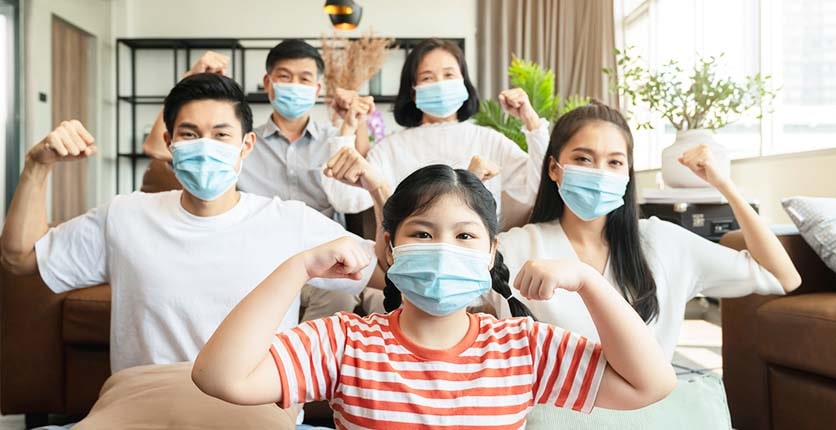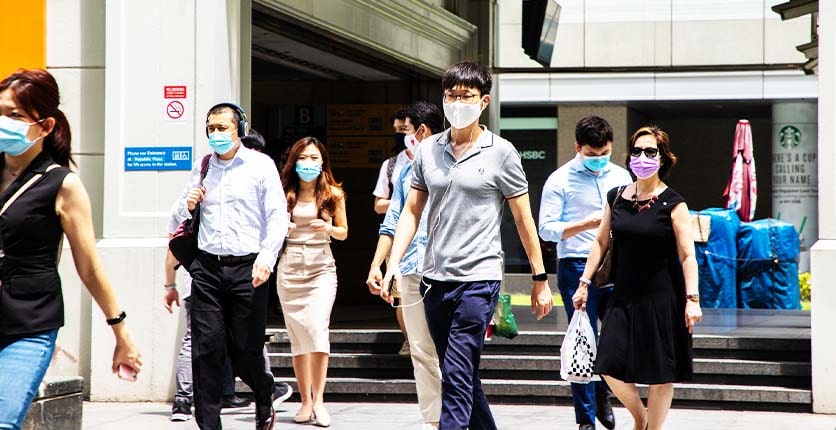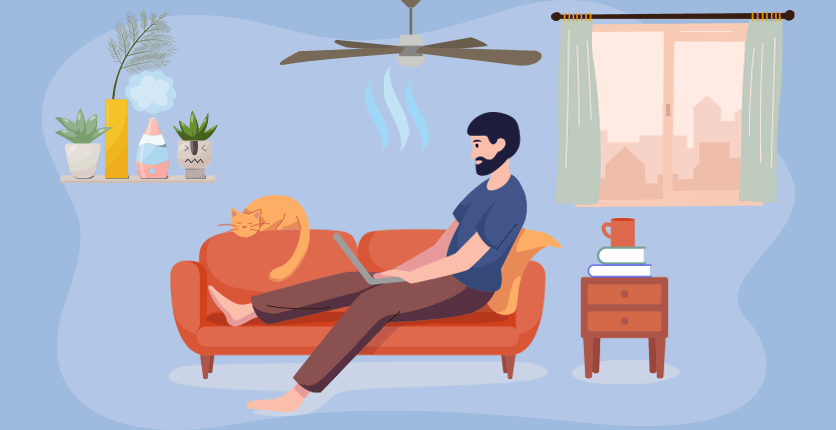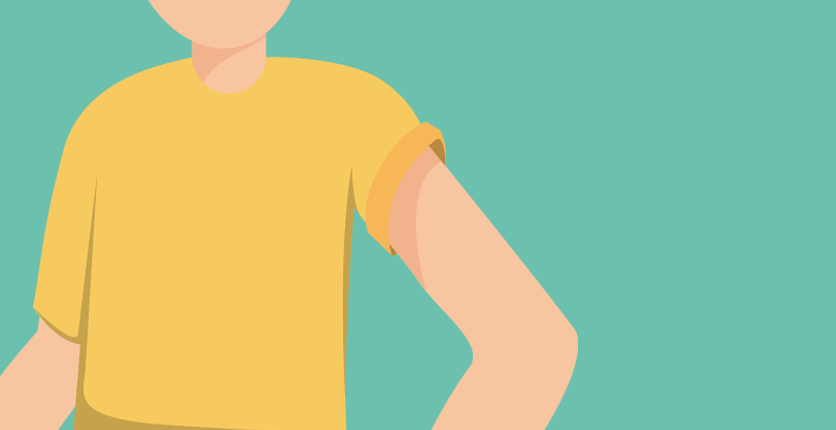The Covid-19 virus is proving to be the biggest challenge to the world in our generation, and the fight is far from over. NSMan speaks to Associate Professor David Lye, Director of the Infectious Disease Research and Training Office at the National Centre for Infectious Diseases (NCID), on his views on how we can protect ourselves, the development of new vaccines, and dealing with misinformation.
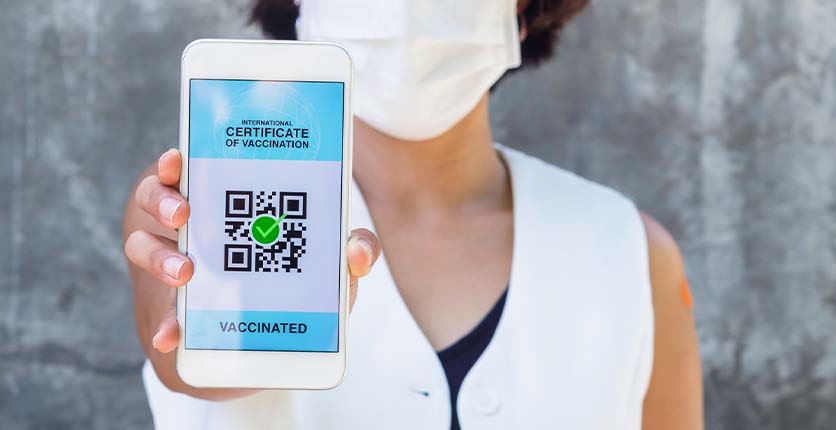
Q. When it comes to protecting ourselves from the virus, you’ve advocated to “do much more beyond what the government dictates”. What safe measures would you recommend when we reach the endemic stage and Singapore opens up more?
Prof Lye: Let me clarify the statement. Public health policies in Singapore have been shown to be very sound and effective in containing the pandemic and minimising death compared with many countries elsewhere. My comment was made at the start of the first Phase 2 (Heightened Alert) when the Delta variant first arrived. Just because the government did not say we could not go out, it did not mean we should go out as much as we wanted to. So I encouraged people to form their social bubble. In retrospect, Delta has proven to be a major challenge to pandemic control efforts worldwide.
Whether then, now or in the future endemic Covid-19 stage, we can protect ourselves from Covid-19 in the following ways:
(1) Get vaccinated
(2) Wear masks properly as required by the government, or in the future if policies are relaxed, wear masks in crowded public spaces such as public transport, and indoor spaces such as malls, offices and shops
(3) Stay home and see a doctor if sick instead of going to work or continuing social activities.
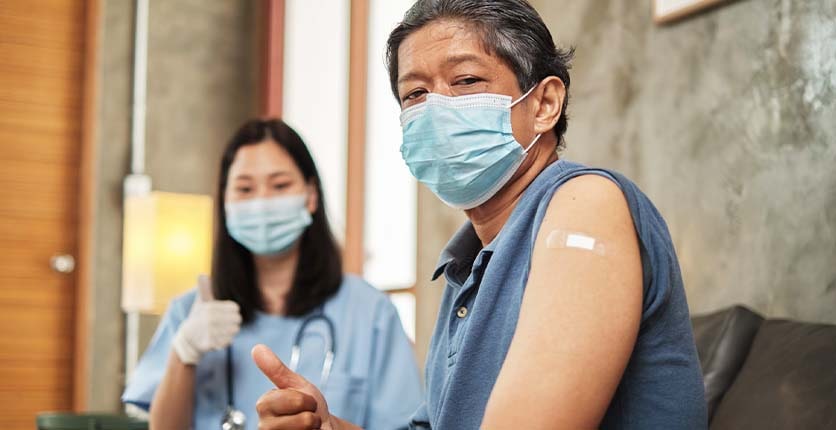
Q. WHO recently highlighted the danger of newer, more deadly and transmissible virus variants. What is the best future we can hope for in this ongoing pandemic? Are lockdowns going to be a permanent situation in the near future?
Prof Lye: We are watching new variants carefully. For each new variant, we will study if it spreads more rapidly, causes more severe disease and escapes vaccine protection.
What can we hope for in the future?
We know from our own work in Singapore, as well as reports from the UK, US and Israel, that Covid-19 in vaccinated patients is mild.
A very small minority of frail older people, or people with poor immunity may still die despite vaccination.
However, more than 90-95% of severe Covid-19 cases in the UK, US and Israel now from Delta are in the unvaccinated, which the US CDC director called the pandemic of the unvaccinated.
So if we can get as many people vaccinated, there will be much less disruption to our life, and much lower chance of another lockdown.
As of 25 August 2021 there is still 13% of people above 70 years who have not had at least one dose of vaccine.
So if we can all persuade our parents and grandparents, and relatives to get vaccinated, we can reduce the chance of another lockdown.
Q: Will future newer vaccines help with the more dangerous virus variants?
Prof Lye: Currently, most of the COVID-19 vaccine companies are developing new versions of their vaccines to protect against the new variants.
Q: What can we hope for with newer vaccines and what should we expect from them?
Prof Lye: With the current Covid-19 vaccines and the new variants, in particular Delta, the protection from infection with symptoms has dropped. The concept of the new vaccines for the variants is that they will restore the protection to a high level. But more importantly, the current Covid-19 vaccines remain highly effective in preventing severe Covid-19 in the vaccinated even if they get infected.

Q: In the US they say misinformation is like another virus. How do we separate fact from fiction and rumours especially with social media?
It is very hard for the lay person to decide which information they read or hear is real or fake. Misinformation is especially bad in a pandemic. People may not believe that Covid-19 is real, or in effective Covid-19 treatment and vaccines, until it is too late that they get infected and suffer a bad outcome from Covid-19. The people that do not believe in these also tend to want to spread their messages to others too.
My best advice is to trust official information. Why will the Singapore Ministry of Health, World Health Organization and US CDC all say the same thing if it is not true?
Many people are unable to tell if a website or a person is trustworthy on social media. There have been politicians, celebrities, social media influencers, even doctors and scientists spreading fake news.

Q: Health-wise, what can we do to prevent infections besides adopting safe-distancing and masking measures?
Prof Lye: Wearing a face mask properly over the nose and mouth, and safe distancing are actually two of the most effective preventive measures for Covid-19. It has helped us tremendously and was proven effective at the end of 2020.

Q: How do you deal with the constant stress from the ever-changing developments of the virus, vaccines, and incessant questions from the public?
Prof Lye: It is not stressful. The virus is the biggest challenge to the world in our generation. Singapore has done exceedingly well in controlling the pandemic. The world has done exceptionally well in developing so many effective vaccines rapidly adhering to the strictest scientific standards.
Eating well and exercising are what I enjoy doing when I am not dealing with work.
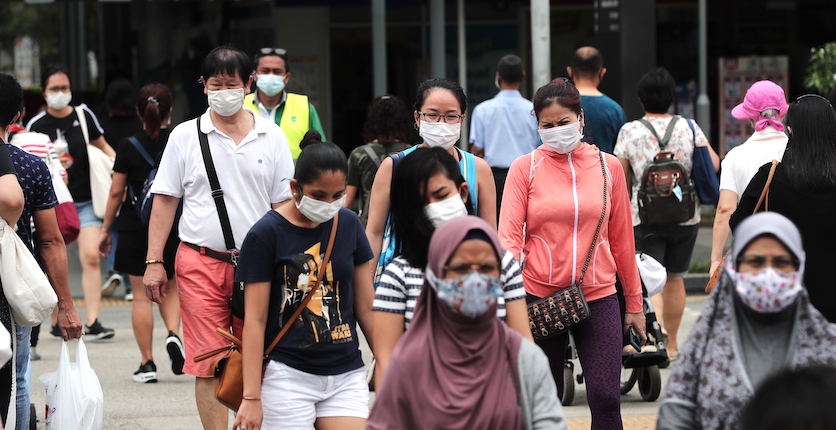
Q: Our infection numbers have been rising. Should we be concerned about going out and socialising in this more open situation?
Prof Lye: The approach remains the same. To protect ourselves from getting infected and passing the disease on to family or relatives who may not have good immune systems, we should adhere to strict correct face mask use when we go out, and keep safe distancing in crowded public spaces.
People are social by nature. However, keeping our social circles to people that matter, and minimising unnecessary socialisation may also be wise.
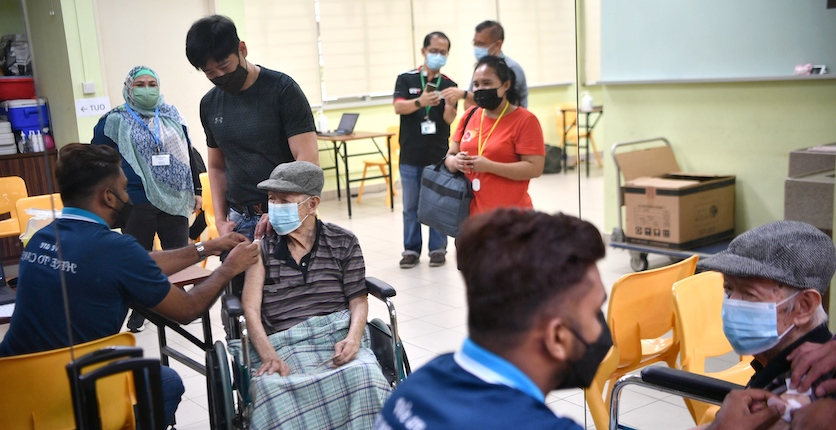
Q: There’s been a lot of talk about vaccine booster shots. What do you think of these and should we get them?
Prof Lye: Vaccine boosters work in two ways.
As shown in data released by Ministry of Health, the risk of intensive care admission is exceedingly low in the vaccinated except in those above 70, and the risk of death in the vaccinated, nearly zero except in those above 80.
One aim of the vaccine booster is to protect the vaccinated frail elderly from developing severe Covid-19. The other aim is to reduce the risk of infection even though the risk of developing severe Covid-19 is low. This is demonstrated in Israel when a third dose restored vaccine efficacy against the Delta variant to more than 90%.
However, this must be weighed against diverting efforts towards vaccinating all the unvaccinated, especially in those above 60, who are at far greater risk of developing a severe case of the disease compared with the vaccinated in the same age group.
A third dose of the vaccine in persons who have poor immune systems as a result of medication that suppress it, such as in transplant and cancer patients, is not considered a booster as these patients are known to have poorer antibody response to two doses.
Clinical trials have shown that a third dose two months after the second dose can improve antibody response. So in summary, vaccine boosters do not seem to be needed for the general population currently, except in the frail elderly and those with poor immune systems.
How do you think we should protect ourselves from Covid-19? Share your views with us at magnsman@sph.com.sg!
About Associate Professor David Lye
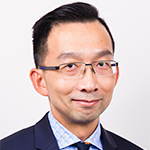 Associate Professor David Lye is the Director of Infectious Disease Research and Training Office at the National Centre for Infectious Diseases. He is also a Senior Consultant at the Department of Infectious Diseases, Tan Tock Seng Hospital, Associate Professor, Yong Loo Lin School of Medicine, and Associate Professor, Lee Kong Chian School of Medicine Singapore.
Associate Professor David Lye is the Director of Infectious Disease Research and Training Office at the National Centre for Infectious Diseases. He is also a Senior Consultant at the Department of Infectious Diseases, Tan Tock Seng Hospital, Associate Professor, Yong Loo Lin School of Medicine, and Associate Professor, Lee Kong Chian School of Medicine Singapore.
